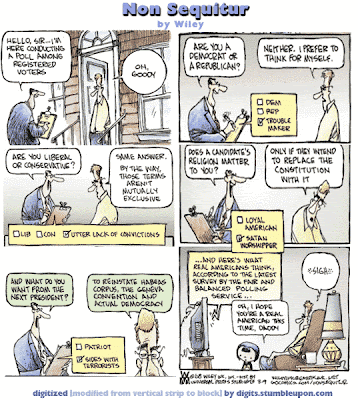~ The announcement of the record grants for aviation biofuel research are exciting indeed and a great coup for biofuel researchers in the Pacific Northwest.
The 5-year grants, part of the Agricultural and Food Research Initiative (AFRI) from the US Department of Agriculture (USDA) are the largest ever from the USDA. USDA was surprised at the level of interest when the funding opportunity was announced. 63 groups expressed interest and 35 were selected to submit full proposals. Of those, 30 made application, and 8 finalists were invited to Washington to present their proposals. The 5 winners include the teams led by researchers from the UW and WSU, each of which received $40M in funding. Each team is a consortium of members; approximately 62.8% of the funding will go to land grant universities and 22.9% to industrial (business) partners, with rest divvied up among other universities, federal partners and one non-profit organization.
Programmatically, the 5 teams are all striving to develop sustainable biofuels, particularly for aviation, a pressing need also a focus of the Sustainable Aviation Fuels Northwest (SAFNW) initiative announced earlier this year. The teams have some research overlap in their proposals: 62% of the funding targets woody biomass and 25% perennial grasses, with the rest going towards sorghum and other feedstocks. None of the funded research seeks to repurpose food crops into biofuels.
Some challenges the teams will face in creating a sustainable biojet fuel:
- Building an energy industry in rural areas
- Developing viable lignin coproducts. (As the old joke has it, “You can make anything out of lignin, except money”)
- Tremendous variability in the lignocellulosic cell walls of different feedstocks (e.g. between hardwoods such as poplar, alder and the ubiquitous North American softwoods, especially the Northwest’s Douglas fir) and between the different parts of the plant: stem, bark, leaves, etc. There are many tradeoffs between ease and cost
- Cost-effective pre-treatment alternatives, including optimal chip or particle size, and the presence of dirt and other contaminants (especially from woody municipal solid waste)
- Feedstock development strategies
- Establishing viable supply chains from landowners to aviation fuel
- Determining feasible transportation logistics that optimize what is being transported, how, and how far
- Stakeholder/community/social outreach: the project is unique because of the extraordinary level of vertical integration required
























